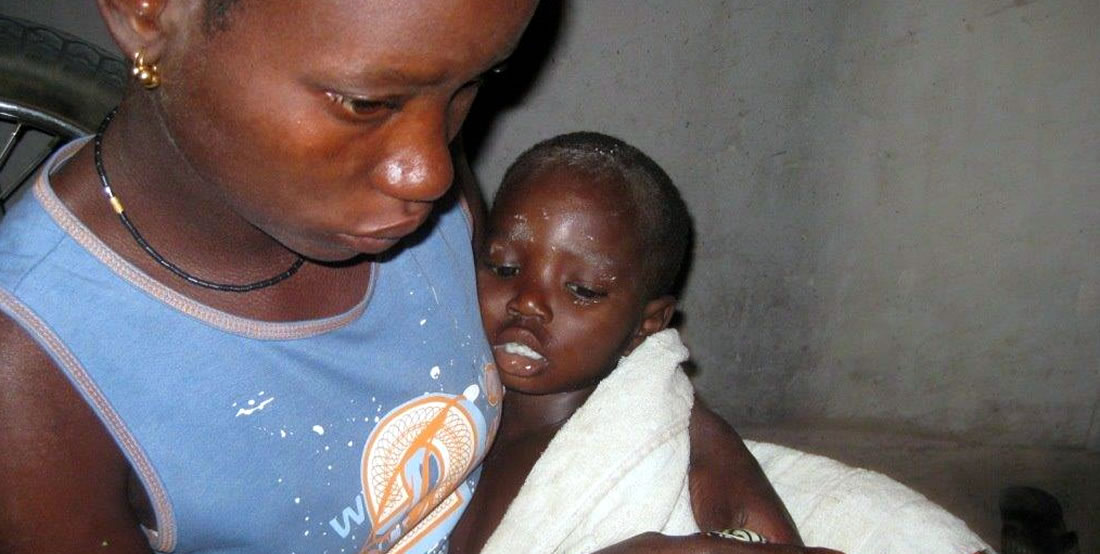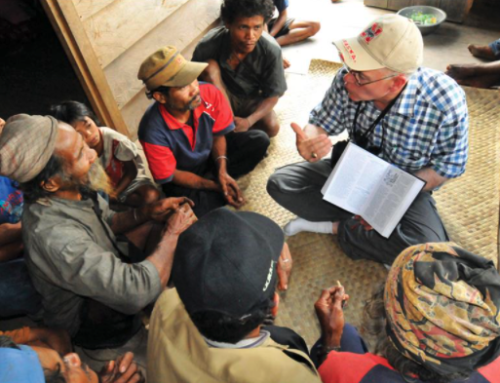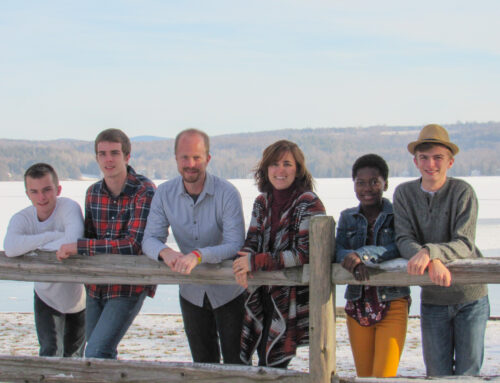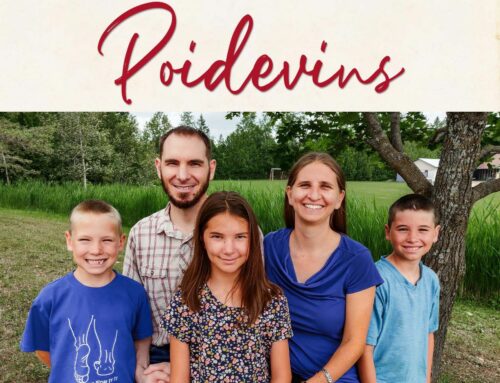The little girl’s uncle had the right to choose her treatment, and he chose a witchdoctor.
It was a very restless week for the Mwinika community where Francois and Nadia Hattingh serve as missionaries. The inconsistency of the weather was making it feel like a dark stillness, then turmoil all around them.
One minute the wind would whip and the next a calmness; the clouds just came and went in the same unpredictable way.
A dear friend and co-worker in the gospel had a dear 5-year-old child named Nelda. Salim and his wife were faithful believers helping in the teaching of the Word of God.
Nelda had been sick. Some thought it was polio which would soon affect her muscles for breathing. Others thought it was a demonic attack because her father was very open to confess his faith in Christ.
The fact that his daughter was suffering so much brought Francois and Nadia to their knees, asking God to help Salim stay strong and not turn back to the traditional way of dealing with sickness.
Witchcraft is where most have turned in the past. In their culture the uncle has the spiritual and legal authority to decide how to handle sickness.
The uncle decided that Nelda would not be taken to the hospital. The parents took turns holding her, exhausted from lack of sleep. Little Nelda had not eaten and shook uncontrollably.
In exhausted desperation a witchdoctor was sought. Appeasing the spirits began by having a diviner tell which spirit needed to be appeased or who cast the curse.
After great amounts of money were paid, the ceremony began, in an effort to break the curse. But the child died.
“In the Mwinika people’s minds this is the only way. They have not seen God’s power, have not experienced His love and protection … do not know Truth. The small group of Mwinikas that do know, do not have the full Bible translated yet and are few. Their faith has been tried. Salim and his wife have confessed their belief in Christ. Salim is preaching this each Sunday. He is co-teaching the Word with Francois and four other men in the village where we live for the first time,” Nadia tells us.
It was a heartbreaking grief to see her go. It seems that it could have been prevented if the uncle had decided it was OK to take her to the hospital. By the time it was clear that it was malaria, it was too late.
Life and death without Christ are a reality in many remote parts of the world. You can help change that. Are you praying? Will you give? Would you go?






